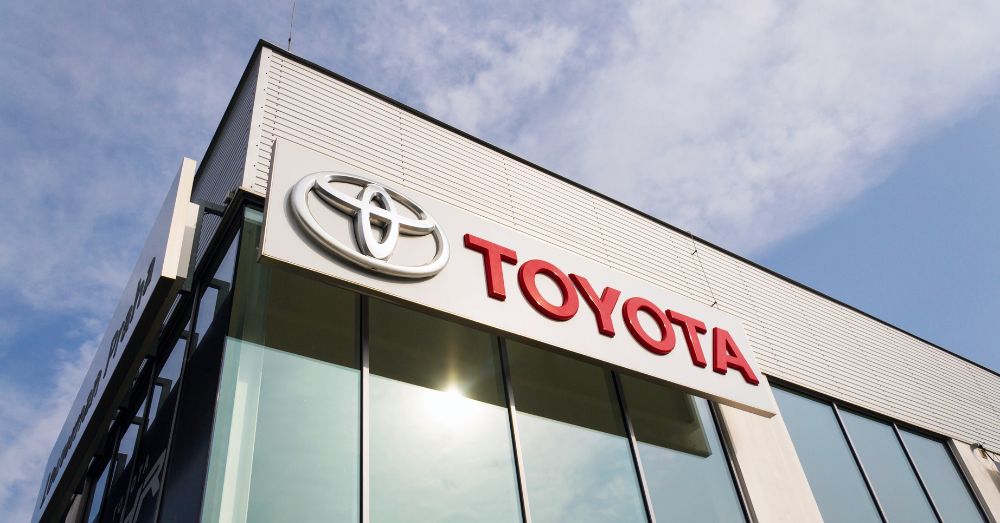Customer feedback and demo tests helped Toyota develop its third-generation fuel cell system. It now offers twice the durability and roughly 20% more cruising range. As a leading global automaker, Toyota is on the cutting edge of working on a fuel cell system for use in vehicles. It’s an advanced system that works toward a hydrogen society.
Cell Design Innovations Lead to Cost Reduction
Toyota expects that the fuel cell system will meet the needs of both the regular passenger sector and the commercial vehicle sector. The automaker expects that it will have the same durability as a diesel engine. Toyota plans to introduce the third-gen system in Japan, Europe, North America, and China sometime after 2026 at the earliest.
The latest generation delivers a significant reduction in cost thanks to innovation in the cell design and manufacturing process. It will be shown to the public for the first on February 19 during the H2 and FC Expo (International Hydrogen and Fuel Cell) in Tokyo, Japan. The latest FC generation is durable and offers a maintenance-free design.
Toyota also revealed that the third-gen FC system can be installed on a wide variety of vehicles, including passenger cars, ships, generators, and commercial vehicles. For passenger vehicles, the FC offers improved fuel efficiency for a greater range. Though it’s not known when you might find a FC vehicle at your Toyota dealer.
Durability Comparison to Commercial Diesel Engines
The level of durability in the new third-gen FC system is comparable to diesel engines for heavy-duty commercial vehicles. The new system design is also more compact, which means it can easily be integrated into many different types of commercial vehicles. Toyota views hydrogen as an important element for pursuing carbon neutrality.
Toyota has many active partnerships in the pursuit of hydrogen fuel cell systems and has been promoting a wide range of initiatives to create, transport, store, and use hydrogen fuel. Toyota says that the continuous evolution of FC is necessary to achieve a hydrogen society. Toyota plans to continue its efforts toward this goal by collaborating with local governments and various companies.
Plan For a Hydrogen Society
In 2014, Toyota launched a fuel cell EV, which sold sporadically to the tune of 28,000 units throughout over 30 countries and territories. Since 2019, Toyota has started offering FC systems for use in other vehicles, including buses and trains. It also has use in stationary power generators. Over 2,700 units have been supplied to over 100 customers across the world.
Yet another general-purpose application would be using fuel cells to power apartments and houses. Last year, the world’s first fuel cell plant was unveiled in South Korea where it powers a block of apartments.
Toyota revealed that it works with many partners in Japan, especially in Tokyo and Fukushima, to deliver these systems in the commercial sector and move toward a hydrogen society. The new third-gen system was developed through insight and feedback from demo tests over the last several years.
This post may contain affiliate links. Meaning a commission is given should you decide to make a purchase through these links, at no cost to you. All products shown are researched and tested to give an accurate review for you.

